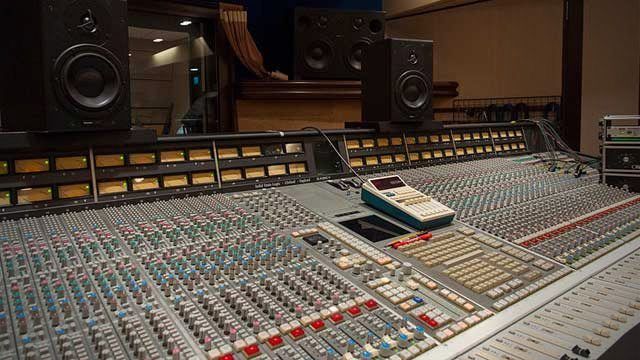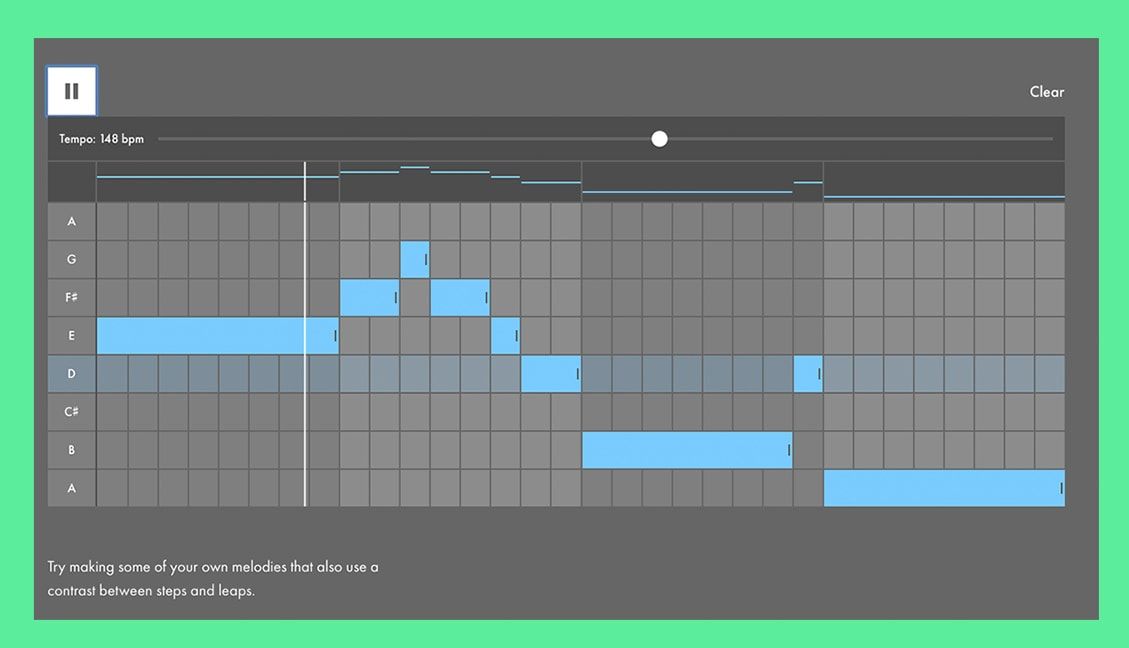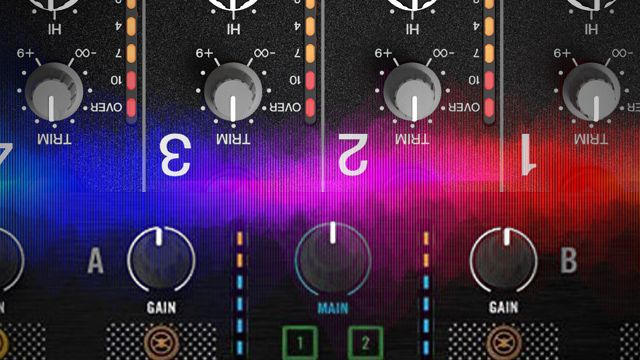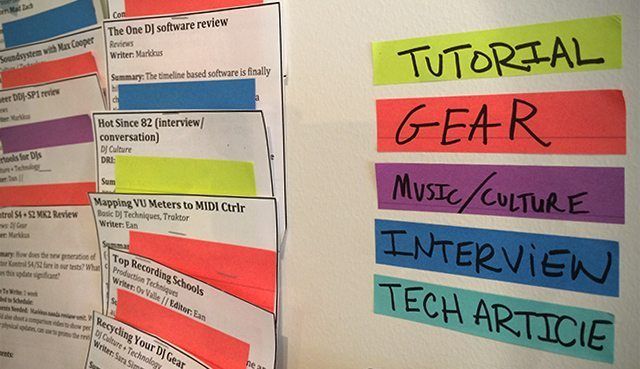So you’re passionate about music and you want to go to recording school. Recording school doesn’t teach you to play an instrument, how to be a DJ, or how make beats. Recording school compliments these forms of art, but usually the main purpose for going to recording school is to become an audio engineer – yes, that’s right, a scientist.
What’s an Audio Engineer?
An audio engineer is concerned with the recording, manipulation, mixing and reproduction of sound. Many audio engineers creatively use technologies to produce sound for film, radio, television, music, electronic products and computer games. Alternatively, the term audio engineer can refer to a scientist or engineer who develops new audio technologies working within the field of acoustical engineering. Audio engineering concerns the creative and practical aspects of sounds including speech and music, as well as the development of new audio technologies and advancing scientific understanding of audible sound. –Wikipedia
We’re going to take a look at some of the top domestic and international schools. For the purposes of this article, we refer to “top schools” for having accreditation and a minimum of a Bachelor’s Degree upon successful completion. Check out this list of possible careers with a recording degree –via Berklee’s website
Not all schools are created equal; so what set’s them apart?
The Staff: Who’s going to be teaching you? Do they have industry experience? What are some of the projects/clients that they’ve worked on/for? For the most part, schools are pretty good about hiring reputable instructors. A lot of instructors supplement their recording career with teaching, and making a memorable impression could lead to an internship after graduation or reference. Learn as much as possible about your instructors, perhaps even download a song for reference.
Learning Facilities: Having the right tools are essential for a proper recording education. A facility equipped with the latest recording gear ensures a seamless transition from student to the real world. This may include acoustically treated rooms, vintage microphones, analog consoles, digital consoles, sound stages, and more.
School Location: A practical piece of advice for any career: study in the city where you plan to start your profession. It doesn’t make sense to study somewhere without a thriving industry to gain experience from. Real world experience will almost always get selected over just an education. Some managers even make a strong case for hiring someone with less than a bachelor’s as long as they have experience.
Introducing the Top Recording Schools
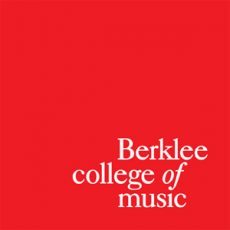 Berklee School of Music
Berklee School of Music
- Program/Degree: Bachelor’s in Music Production and Engineering
- 2013 Tuition for Los Angeles, CA: $63,763
- Total Credit Hours: 120 ($532.36 per credit hour)
- Campus Locations: Boston, MA and Los Angeles, CA
- Initial Industry Employment: 80%
- Notable alumni
Berklee Faculty Highlights:
- Professor Michael P. Abraham is VP of engineering at KOI Audio and former engineer at Bose Corporation.
- Associate professor, Prince Charles Alexander is a member of the GRAMMY Producers & Engineers Wing, has more than 40 platinum and gold certified records, three GRAMMYs, and has worked with heavy hitters such as P. Diddy, Notorious B.I.G., and Luther Vandross.
Facility Highlights: Berklee’s recording facilities are equipped to handle any recording and mixing situation. They have various digital and analog mixing desks including two vintage SSL (Solid State Logic) 4032 G Series consoles in studios A and B. Everything is state of the art, from the consoles, outboard gear, microphones, to their acoustically treated rooms. Berklee’s recording facilities rival any modern studio.
Admission: Admission to the music production and engineering program is competitive – based on musicianship, prior academic record, and aptitude. Students apply for acceptance to this major after their first or second semester. Also worth mentioning here is Berklee’s undergraduate admissions requirement, which consists of an audition and interview process. Pass these hurdles, and you’re in with some of the brightest music majors in the world.
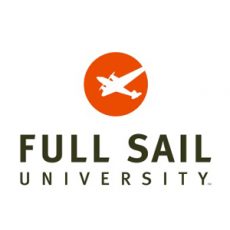 Full Sail University
Full Sail University
- Program/Degree: Bachelor’s of Science in Recording Arts
- 2013 Tuition: $75,000
- Total Credit Hours: 130.5 ($574.71 per credit hour)
- Campus Location: Winter Park, FL
- Initial Industry Employment: 70% (Associate program, Bachelor degree information not available)
- Notable Alumni: Marcella Araica, Phil Tan, Sean Spuehler, Sebastian Krys, Leslie Brathwaite
Full Sail Faculty Highlights:
- Course director, Darren Schneider has 18+ years of experience with several certified gold, platinum and diamond projects by artists such as Britney Spears, Deep Purple, Patti La Belle, Outkast, Aerosmith, and Snow Patrol.
- Department Chair, Brian Smithers has taught music technology for over 25 years. He also conducted the world-famous Walt Disney World Band for several years, and has had his music technology work featured in magazines such Electronic Musician, Music & Computers, and Keyboard.
Facility Highlights: Full Sail’s recording facilities feature the latest analog and digital studio gear. For example, the audio temple, Full Sail’s flagship studio has a 72-Channel SSL Duality SE console; it’s the largest Duality educational installation in the world. It is comprised of three SSL J Series, 13 SSL ALW900+ and seven SSL Matrix consoles to offer all levels of study. Studios A and B also offer top of the line consoles such as the 144 channel Amek Neve 9098i analog board and an 80-channel SSL 900 J series analog console. There are also numerous mixing suites and project studios through out the campus.
Admission: Admission to Full Sail’s Recording Arts program is far less arduous than Berklee’s. You don’t have to audition or go through a series of interviews. What they require is a high school diploma or GED, a filled out application, and your dedication.
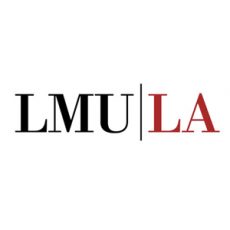 Loyola Marymount University
Loyola Marymount University
- Program/Degree: Bachelor’s in Recording Arts
- 2013 Tuition: $157,376 ($39,344 per academic year)
- Total Credit Hours: 120 ($1,311.47 per credit hour)
- Campus Location: Los Angeles, CA
- Notable Alumni:
- Alex Levy – Music Editor (Star Trek, The Incredibles, Mission: Impossible–Ghost Protocol)
- Matthew Linesh – Music Engineer and Producer (Edward Sharpe and the Magnetic Zeros) Jason Krane, Sound Editing (True Blood).
- Warren Hendriks – Sound Editor/Sound Designer (The Grey, Tron: Legacy, Transformers)?
Faculty Highlights: Unlike the rest of the schools mentioned, Loyola’s Bachelor’s in Recording Arts program gives major emphasis to film and television. The program is under the School of Film and Television umbrella along with animation, screenwriting, and production for film and television. The instructors here are experienced professionals in this realm of sound. Faculty highlights:
- Chair member and professor, Mladen Millicevic holds a Bachelor’s, two Master’s, and a Doctorate in Music Composition and has composed for theater, films, radio and television.
- Professor Rodger Pardee has numerous sound for film and television credits that include To Live and Die in L.A., Waterworld, Men in Black, The X-Files: Fight the Future and Geronimo: An American Legend.
Facility Highlights: The recording facilities at Loyola include numerous ProTools studios for music and film post-production with an array of plug-ins for recording and editing. The main music studio is equipped with a vintage Trident 80B console, a treasure chest of microphones and analog outboard gear. There is also a live PA with a DIGICO digital console and DYNACORD speaker system for live engineering and recording.
Admission: Loyola University is also different from the rest of the schools mentioned here in that their admission requirements are in line with traditional universities. Besides looking at academic records and SAT or ACT scores, they also take into consideration writing ability, artistic accomplishments, work or service-related endeavors, recommendations, and university relationship.
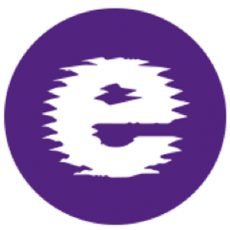 Ex’pression College
Ex’pression College
- Program/Degree: Bachelor’s of Applied Science in Sound Arts
- 2013 Tuition: $94,400.00
- Total Credit Hours: 120 ($786.67 per credit hour)
- Campus Locations: Emeryville and San Jose, CA
- Notable Alumni: Ean Golden
- Initial Industry Employment: 70%
Ex’prssion College Faculty Highlights:
- Sounds Arts program director, John Scanlon has worked with many artists such as Jack Johnson, Dave Grohl, Tori Amos, Jimmy Eat World, the Silver Sun Pickups, and Foster the People.
- Course director, Dave Bell has two first round Grammy nominations and has recorded with James Taylor, Alex Taylor, Steve Miller, Ritchie Havens, Gregg Allman, The Kennedys, and more.
Facility Highlights: The sound facilities at Ex’pression College were design by renowned studio architect John Storyk to include 5.1 surround sound and advanced audio mixing and recording systems. The are two SSL large format recording suites, the SSL 9000J suite is used for music recording and mixing while the SSL 6000 suite is used for stereo and 5.1 mix down. Meyer Sound Performance Hall is used for live sound FOH and monitor mixing. There are numerous digital recording studios used for Pro Tools and Logic certification, game audio, audio postproduction, and mastering.
Admission: The program requires a completed program application, a high school diploma or GED, complete placement exams in math or English, and a personal essay.
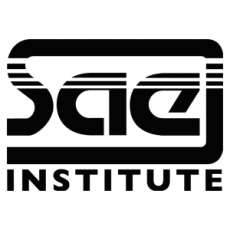 SAE Institute
SAE Institute
- Program/Degree: Bachelor of Art/Science (Hons.), Audio Production
- 2012 Tuition for Australia:
- AUD $39,800 (Domestic) roughly $37,200 in U.S. currency
- AUD $43,200 (International) roughly $40,400 in U.S. currency
- Total Credit Hours: 120 (AUD $310 per credit hour – Domestic, AUD $337 – International)
- Campus Locations: Sydney Australia and 49 other locations world-wide
- Curriculum: Page 11 of the school catalog
- Notable Alumni: David Guetta, Groove Armada, Moby
SAE Institute Australia Faculty Highlights:
- Lecturer, Dean Belcastro has worked with Australian artists from BMG, Warner Music, Warner Chappel, Albert Music, Rob Hirst and more.
- Lecturer, Adam Grace has worked on projects such as The Great Gatsby, Happy Feet, Walking with Dinosaurs, and Romeo + Juliet DVD, SSO. He is also a certified Logic and and Ableton trainer.
Recording facilities: Detailed list of studios and gear not provided.
Admissions: Admission to SAE Institute requires a simple application form.
A WORD TO THE WISE
It is said that the cost of education and student loans is the next financial crises after the home mortgage collapse. With that being said, have a deep conversation with yourself about your passion for music. Is your passion strong enough to help you see your way through school and onto a successful career? Education in the U.S. is not cheap, but the payoff could be substantial. For those planning to attend recording school location cannot be stressed enough, so remember – location, location, location.
NO PATH IS THE SAME
Full Sail was a great experience. It gave me a solid foundation to go ahead and start working and learning in a practical sense, with real clients in a real studio. I’d recommend the program to anyone interested in perusing a career in recording, though it’s not the only option. One thing I’ve learned in this business is everyone has their own unique path, and they don’t all necessarily start with traditional education. Having said that, I wouldn’t change the path I took at all. It was the right choice for me, and was part of the reason why I am where I am today. – DJ Swivel (Jay-Z, Beyonce, Rihanna, and more)
Want to learn to scratch instead? The best turntablism schools.


